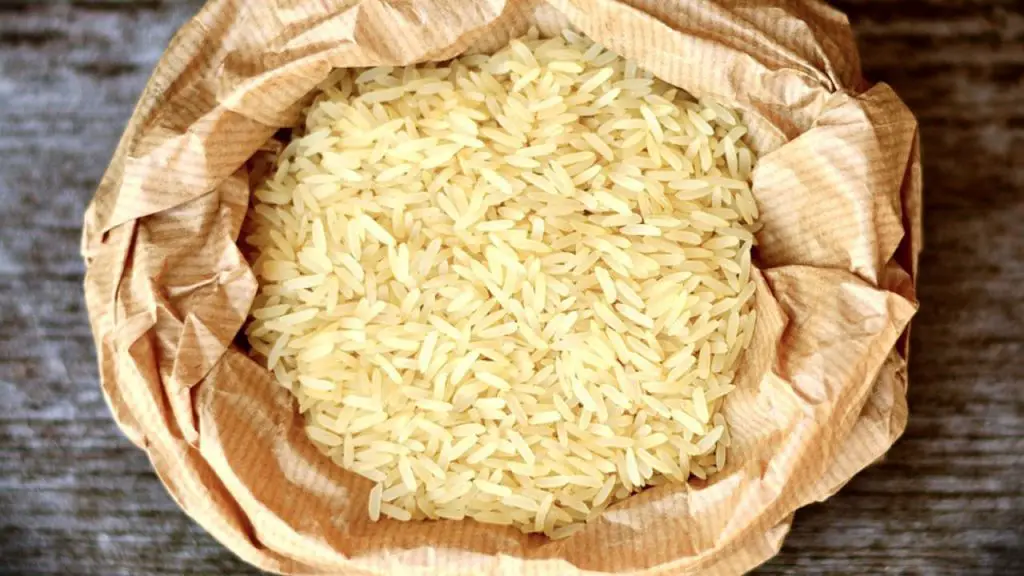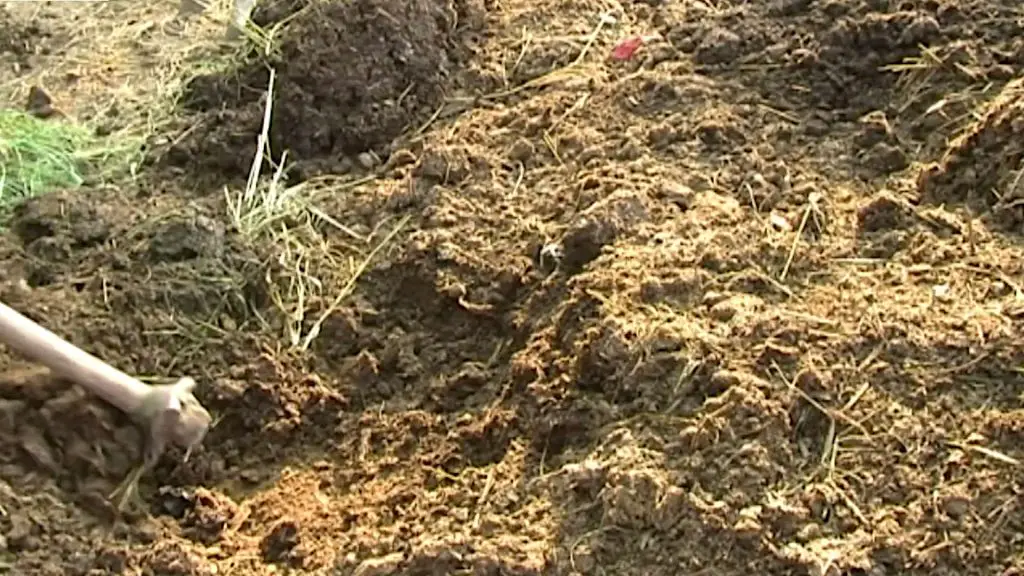Can You Compost Rice?
We often get asked the question “can you compost rice?”. The short answer to this is that yes you can compost both cooked and uncooked rice. It has a carbon to nitrogen ratio of between 1:30 and 1:50 depending on how long it matures in the growing season[1]. However, cooked and uncooked decompose at different speeds because of the chemical change that takes place in the cooking process and both can present some challenges to inexperienced composters.
Why You Should Compost Rice?
Given that rice is an organic material it is compostable. Reducing waste and recycling food scraps through composting is an environmentally sound practice so adding rice to your compost pile is a good thing to do. Rice has a carbon to nitrogen ratio of between 30-50:1 (C/N) so can also be a useful way of controlling the overall carbon to nitrogen ratio of your compost pile.
Is there a difference between brown rice and white rice when composting?
The difference between brown rice and white rice is processing. The more common white rice is refined to remove the bran and the germ from the rice grain. In terms of composting, there is no real difference as both are organic materials and brown rice still falls in the same carbon to nitrogen ratio range of between 30-50:1 (C:N).
Chemical change when cooking rice

Rice substantially changes its structure during the cooking process when the starch elements are broken down. This process is irreversible.
“Rice starch is comprised of a mixture of two types of starch: amylose and amylopectin. Both amylose and amylopectin are large carbohydrate polymers made of glucose molecules.”[2]
When rice is cooked it undergoes two chemical processes. The first is called “gelatinization” and this breaks down the starch components of the rice grain and allows the grain to swell. The second process is called “pasting”. This causes the enlarged grains to break down further.
In addition, the cooking and cooling process of rice allows a large amount of bacteria to be created.
This is important because in composting terms cooked rice will decompose far more rapidly than uncooked rice, essentially kick-starting its decomposition process.
Cooked rice though can cause problems for your compost pile in terms of attracting vermin.
Is Rice “Green” or “Brown” Material?
Technically speaking most people classify rice as green material. However, in truth, it straddles the two definitions as you could argue that there is insufficient nitrate to classify rice as green. In addition cooked and uncooked rice behave differently when being composted.
Whether composting material is brown material or green material is an arbitrary point. The terms green and brown technically refer to whether an item is green in color. The genesis of the demarcation is that generally speaking green materials have a higher nitrogen content than brown.
There is no need to get hung up on the differentiation between the two. Rather than thinking and classing in terms of color instead think and class in terms of carbon ratios.
The most important aspect of building an efficient composting pile is this carbon ratio. When cold composting you want to achieve a ratio of between 30-35:1 (C/N) and hot composting 25:1 or a little under.
In this way think of green materials as having a ratio of less than 30:1 (C/N) and brown materials as having a ratio above this.
In terms of rice, it sits pretty much on the boundary. You will see that many quote rice as having a C/N of around 30:1. This is, in fact, on the generous side. Scientific research puts the ratio at between 1:14 and 1:54, depending on its point in the growing cycle. As rice matures to where it is harvested the carbon to nitrogen ratio is closer to 1:50.[1]
Beyond this in terms of composting the state of rice is important. Cooked rice decomposes much faster (behaving in a similar manner to green materials) while uncooked rice takes much longer to decompose similar to other brown materials. This is because uncooked rice lacks moisture and the staches haven’t been broken down by the cooking process and thus can take three to five months to decompose.
The Best Way to Compost Rice?

Pretty much everything organic, will decompose in compost and improve the quality of your soil and rice is no exception. However, as we have mentioned cooked rice can attract vermin which could disturb your well-ordered compost pile.
There are of course several solutions to the problem. If you have an open pile then you could wait to add the leftover rice to compost until the decomposition process is established. This will help the rice to break down much faster.
You could also put the rice deep into the center of your compost pile making sure that the rice is not stuck together in large lumps. This will also help the rice to decompose faster. Indeed if you have the time and facilities you could grind the rice down before adding it.
Arsenic in Rice
There is some concern that rice can contain excessive amounts of arsenic which is neither good for your personal health nor for your compost pile. In truth, these concerns are overhyped.[3]
Uncooked rice contains around 0.1 to 0.4 mg per kilo[4] which is classed as insignificant in terms of levels and well within the safe zone. In addition, rice today is heavily regulated to ensure that these levels remain safe.
Pros and Compost Rice
Pros of composting rice
Rice is an organic material and as such will compost. It is a good way to recycle waste to the benefit of your lawn and plants. Its carbon to nitrogen ratio makes it a good addition in terms of getting the most efficient carbon to nitrogen ratio for your compost pile.
Cons of compost rice
The principal reason not to compost cooked rice is the threat that it will attract vermin. If you are concerned about this it is probably best you don’t. However, with a properly managed composting pile this shouldn’t really be an issue.
Uncooked rice doesn’t present these problems. It is slow to break down but no slower than most brown materials.
The other issue of concern is arsenic. If you are in most countries this shouldn’t be an issue as rice is carefully monitored.
Commonly asked questions
Can you compost old fried rice?
It is not advisable to compost fried rice as it has a number of substances that should not be composted, in particular cooking oil, and possibly egg, meat, and spices. Cooking oil, meat, and dairy products can bring vermin to your pile and give off a stench as they decompose.
Is bokashi a better place for rice?
Cooked rice can attract vermin and as such using a compost bin or a bokashi bucket can be appealing. However, it should be remembered that the bokashi process is just a stage in the composting process. I doesn’t turn into compost until after you empty the bucket as until then it is just sludge.
Notes
[1] Yushi Ye, Xinqiang Liang, Yingxu Chen, Liang Li, Yuanjing Ji, Chunyan Zhu: Carbon, Nitrogen and Phosphorus Accumulation and Partitioning, and C:N:P Stoichiometry in Late-Season Rice
[2] Morgan Rease: Rice Science 101
[3] The Rice Association: Arsenic and Rice
[4] ESPGHAN Committee on Nutrition: Arsenic in Rice A Cause for Concern
